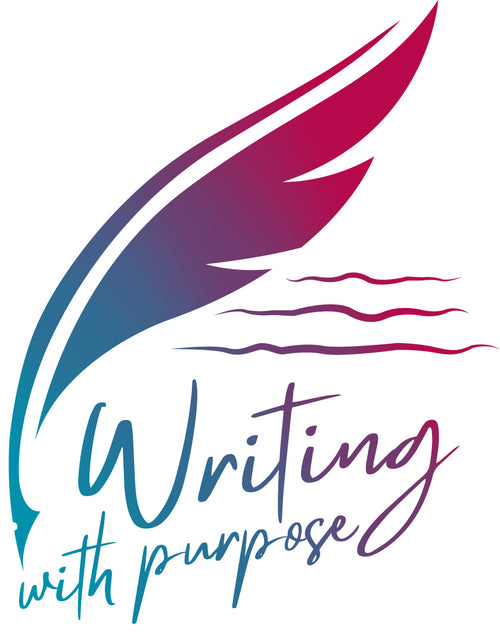As the sun gently rises, each new day offers the opportunity for a fresh start. In the quiet moments of an early morning, before the world cracks into full throttle, lies a powerful ritual known as ‘morning pages’. Credited to Julia Cameron, an American teacher and writer of many guises, morning pages is a practice championed by many.
Simply put, morning pages invite us to engage in an unfiltered stream-of-consciousness writing that sets the tone for the day ahead. It helps you untangle the web of thoughts that may have accumulated overnight and opens space for fresh insights and ideas.
How to Use Morning Pages
The aim is to write three pages of free-flowing thoughts as soon as you wake up. Without concern for grammar, punctuation or coherence, you let your thoughts spill onto the paper as quickly or as slowly as they form. The pages serve as a canvas for introspection and creative expression. The words are not meant to be justified or logical but rather raw, unapologetic thoughts.
Penned words can create a sense of purpose for the day, act as a vessel to empty your head or a chest to collect inspiration from dreams. Seems like a lot, right?
Benefits of Starting Your Day with Morning Pages
As with any form of journalling, there are many benefits, including:
- Clarity and Focus: using morning pages as a brain dump clears mental clutter and paves the way for increased clarity and focus throughout the day.
- Emotional Release: writing down your thoughts can be cathartic, helping you release lingering worries and promoting positive emotional wellbeing.
- Creative Exploration: engaging in unfiltered writing encourages creative thinking and the discovery of new ideas, making it a valuable tool for anyone seeking solutions.
- Self-Reflection: having a private space for self-reflection enables you to explore feelings, aspirations and desires without judgment.
Try Morning Pages for Yourself
Before engaging in any other activity, find a quiet spot and dedicate at least 15 minutes to writing three pages of stream-of-consciousness thoughts. Focus on the process rather than the outcome, allowing your thoughts to flow freely without restraint. Try these questions to get started: what thoughts and feelings greet you as you wake? What do you hope to accomplish today? What’s been playing on your mind? What can you recall from your dreams?
Morning pages is a practice that encourages you to embrace the present moment, releasing the mental clutter that may hinder productivity, creativity and enjoyment of the day ahead. Over time, it will improve creative flow and personal growth.
Next month, we’ll look at the benefits of evening reflection writing.
Connect with with on Instagram or Facebook: @JournallingWithAnna

